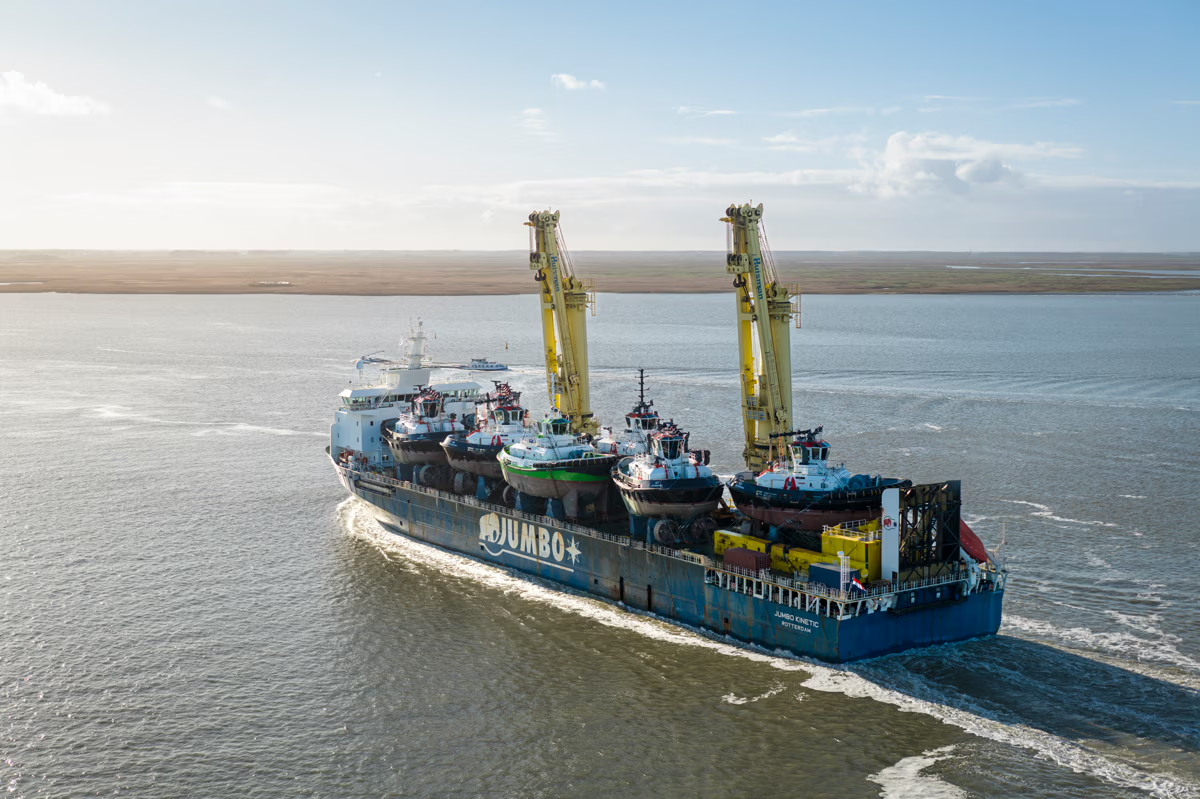Hydrogen has surged up the priority list of many oil and gas organizations, taking a primary position in the sector’s decarbonization efforts, new research by DNV GL reveals.
The new report, entitled ‘Heading for Hydrogen’, results from a survey of more than 1,000 senior oil and gas professionals and interviews with industry executives. The findings suggest that recent shifts in the industry’s investment priorities are unlikely to affect the sector’s long-term efforts to reduce carbon emissions.
Key findings
- Half (52%) of senior oil and gas professionals expect hydrogen to be a significant part of the energy mix by 2030
- A fifth (21%) of industry leaders say their companies have already entered the hydrogen market. The proportion intending to invest in the hydrogen economy doubled from 20% to 42% in the year leading up to the Coronavirus-induced oil price crash.
- Greater industry and government collaboration is needed to enable market growth. Immediate focus areas are proving safety, developing infrastructure, scaling carbon capture and storage technology and incentivizing value chains through policy.
DNV GL found a significant rise in those reporting that their organization is actively adapting to a less carbon-intensive energy mix – up from 44% for 2018 to 60% for 2020.
In addition, more than half of respondents to DNV GL’s research in Asia-Pacific (56%), the Middle East & North Africa (54%) and Europe (53%) agree that hydrogen will be a significant part of the energy mix within 10 years. North America (40%) and Latin America (37%) are only a little behind.
The findings follow DNV GL’s 2019 Energy Transition Outlook, predicting that natural gas will become the world’s largest energy source in the mid-2020s, accounting for nearly 30% of the global energy supply in 2050.
As such, natural gas and hydrogen can play similar roles within the global energy system, and the synergies between them – in application and infrastructure – will drive the hydrogen economy, DNV GL suggests.
To progress to the stage where societies and industry can enjoy the benefits of hydrogen at scale, all stakeholders will need immediate focus on proving safety, enabling infrastructure, scaling carbon capture and storage technology and incentivizing value chains through policy,
…said Liv A. Hovem, CEO, DNV GL – Oil & Gas.
Several studies have focused on hydrogen in the last years, as a potential solution to help shipping chart a route to a more environmentally sound and cost-efficient future.
See also: Seven energy and maritime companies collaborate on hydrogen



























































